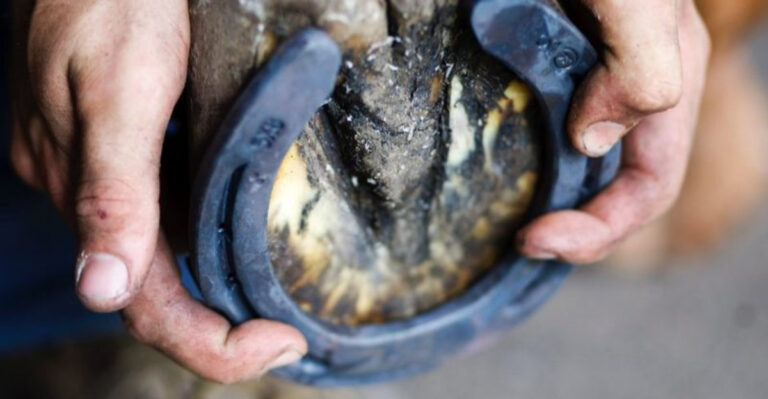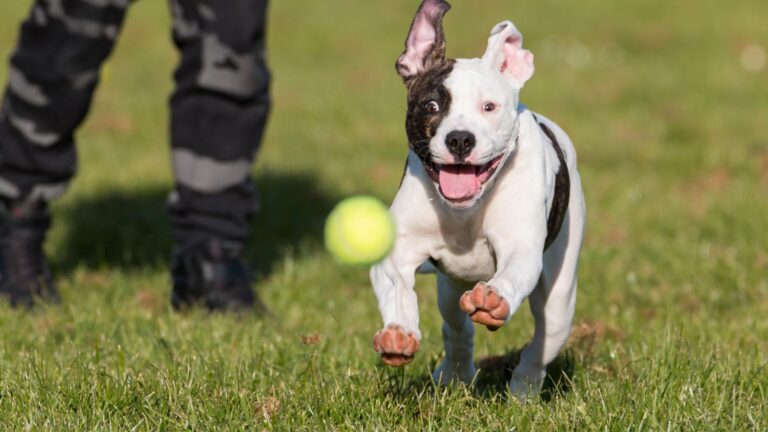15 Proven Tips For Better Pet Dental Health
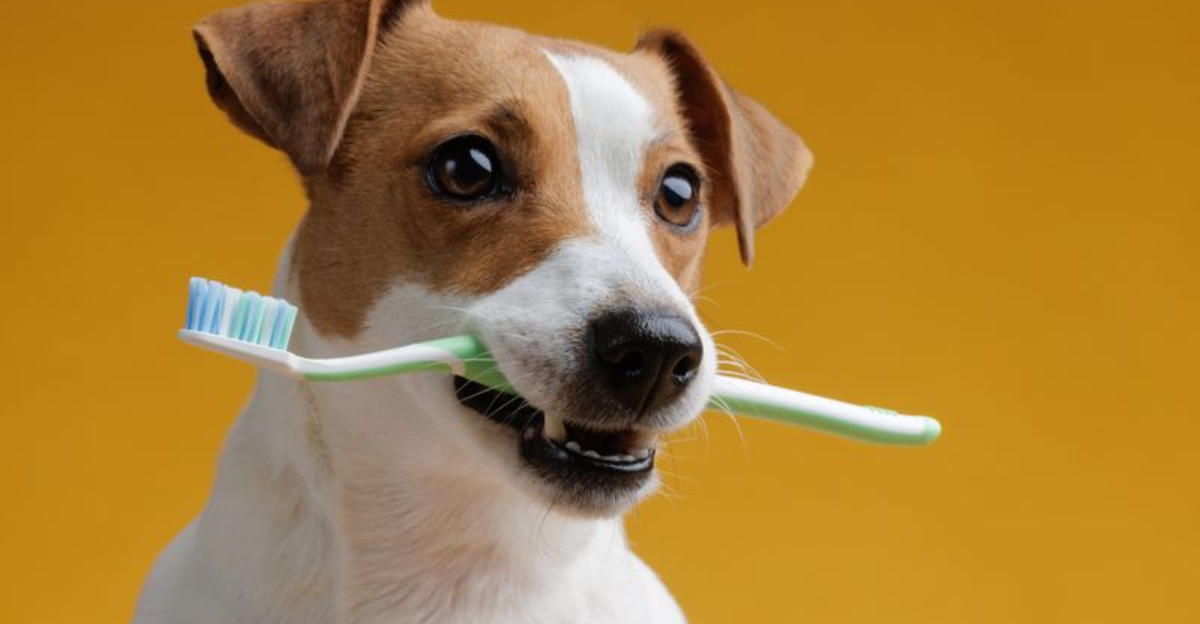
Caring for your pet’s dental health is as important as any other part of their care.
Poor oral hygiene can lead to serious health problems and discomfort for your furry friend. Let’s dive into best ways to maintain your pet’s dental health and keep their teeth in top shape!
1. Regular Vet Check-Ups
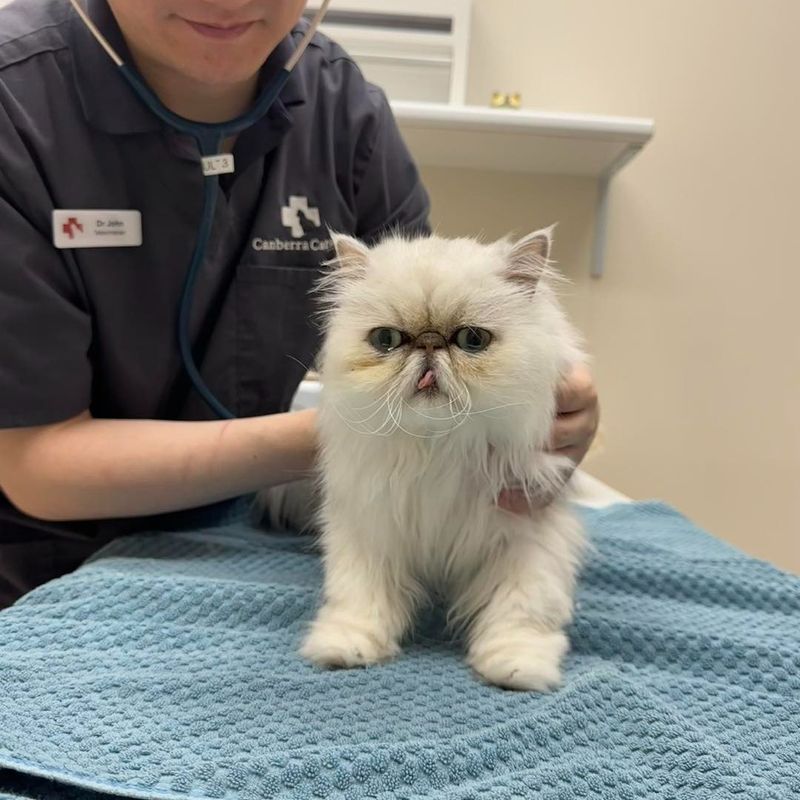
Regular vet check-ups are crucial for your pet’s dental health. These visits help your vet spot any oral issues early, preventing bigger problems later on.
Your vet can guide you on the best dental care practices for your pet. They can also recommend the right dental products and treatments to keep their teeth in top shape
Staying consistent with vet visits ensures your pet’s dental health is closely monitored.
2. Cinnamon Supplement

Adding a sprinkle of cinnamon to your pet’s diet can offer surprising dental benefits. Known for its antimicrobial properties, cinnamon can help reduce bacteria in your pet’s mouth.
Introduce this spice slowly to ensure your pet’s tolerance, and always in moderation. Its warm aroma and taste can turn ordinary meals into a gourmet experience while aiding in dental care.
Combine cinnamon with other dental-friendly practices for a comprehensive approach. It’s a simple addition with a flavorful twist!
3. Healthy Diet

Your pet’s diet greatly affects their dental health. A balanced, high-quality diet with essential nutrients helps keep their teeth and gums strong.
Crunchy kibble can reduce plaque buildup, so try incorporating it into their meals. Avoid sugary treats or table scraps, as they can harm both teeth and overall health.
Talk to your vet about a diet that suits your pet’s specific needs. A healthy diet supports dental health and boosts your pet’s overall well-being!
4. Professional Cleanings
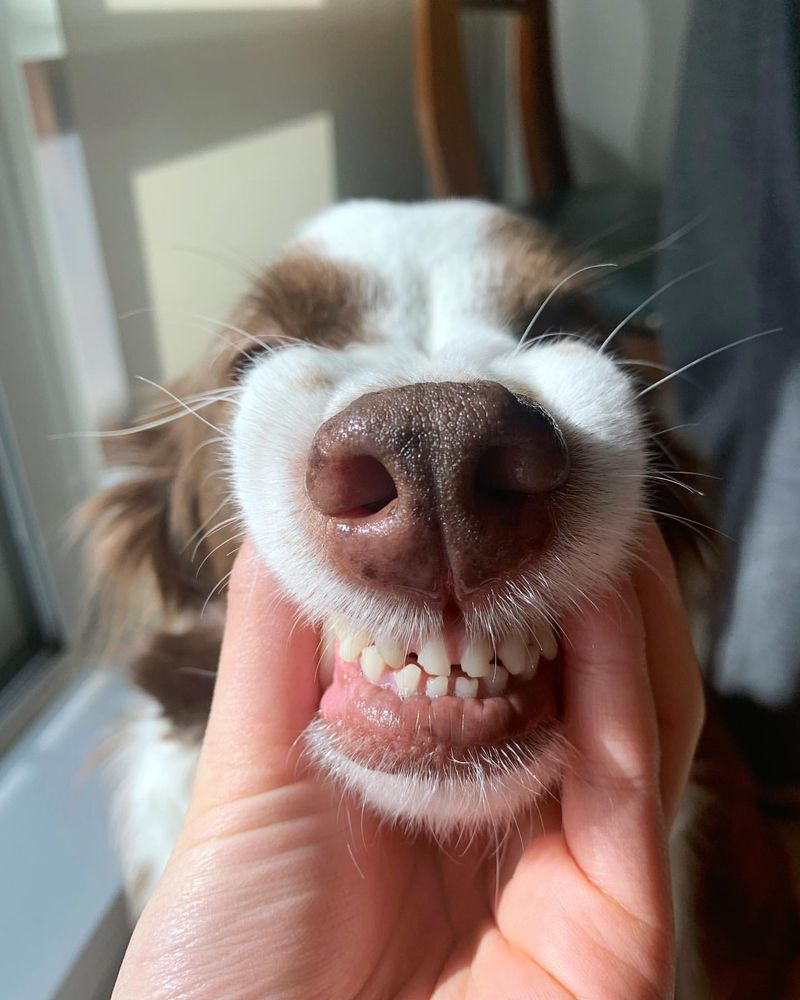
Scheduling professional cleanings with your vet is key to keeping your pet’s teeth healthy. These cleanings remove plaque and tartar that brushing and chews can’t reach.
Typically done under anesthesia, the vet can clean below the gum line and address hidden dental issues. Talk to your vet about how often your pet needs these cleanings.
Regular professional cleanings help prevent dental disease and ensure your pet’s mouth stays pain-free. It’s also a great way to get a full check-up of their oral health!
5. Dental Care Routines
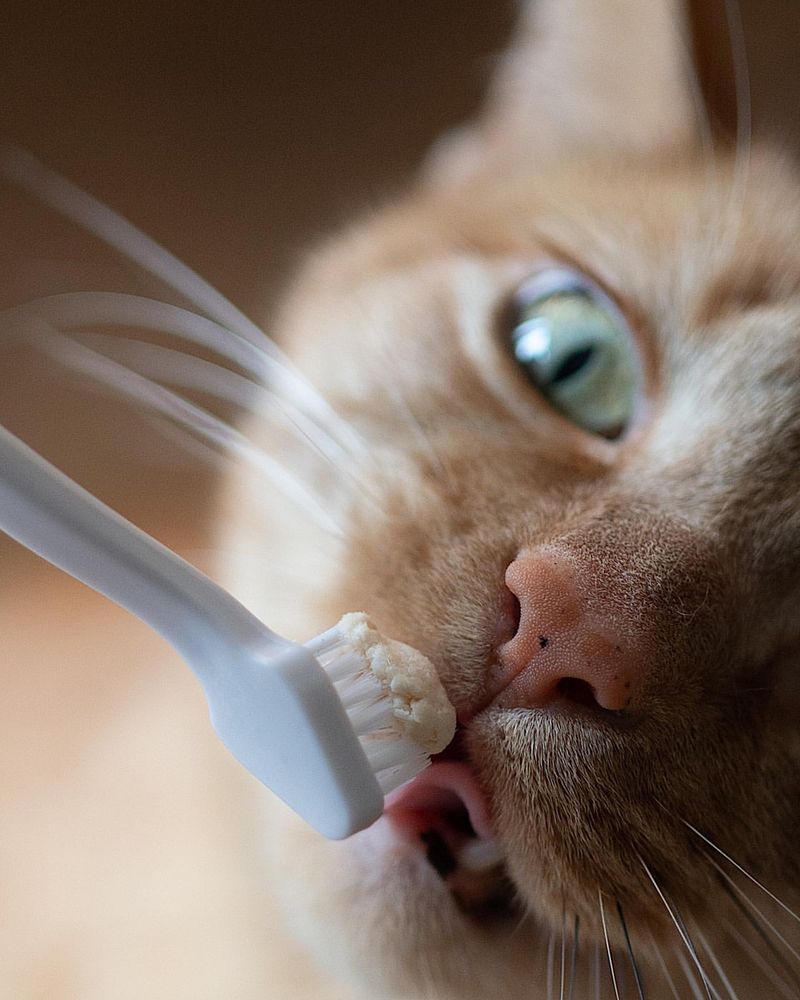
Establishing a consistent dental care routine is key to your pet’s oral health. Include regular brushing, dental chews, and professional cleanings based on your pet’s needs.
Create a schedule to cover each dental care aspect and keep things consistent. This helps prevent plaque buildup and reduces the risk of dental diseases.
A structured routine will greatly improve your pet’s quality of life, ensuring they have healthy teeth and gums for years to come!
6. Raw Bones

Raw bones can be a great natural option for your pet’s dental health. They help scrape away plaque, stimulate gums, and satisfy your pet’s chewing instinct.
Choose large, sturdy bones that won’t splinter easily, and always supervise your pet while chewing. Avoid cooked bones, as they can splinter and cause injuries.
Incorporate raw bones into your pet’s routine cautiously, alongside other dental care methods. Talk to your vet to ensure raw bones are safe for your pet!
7. Natural Dental Rinses
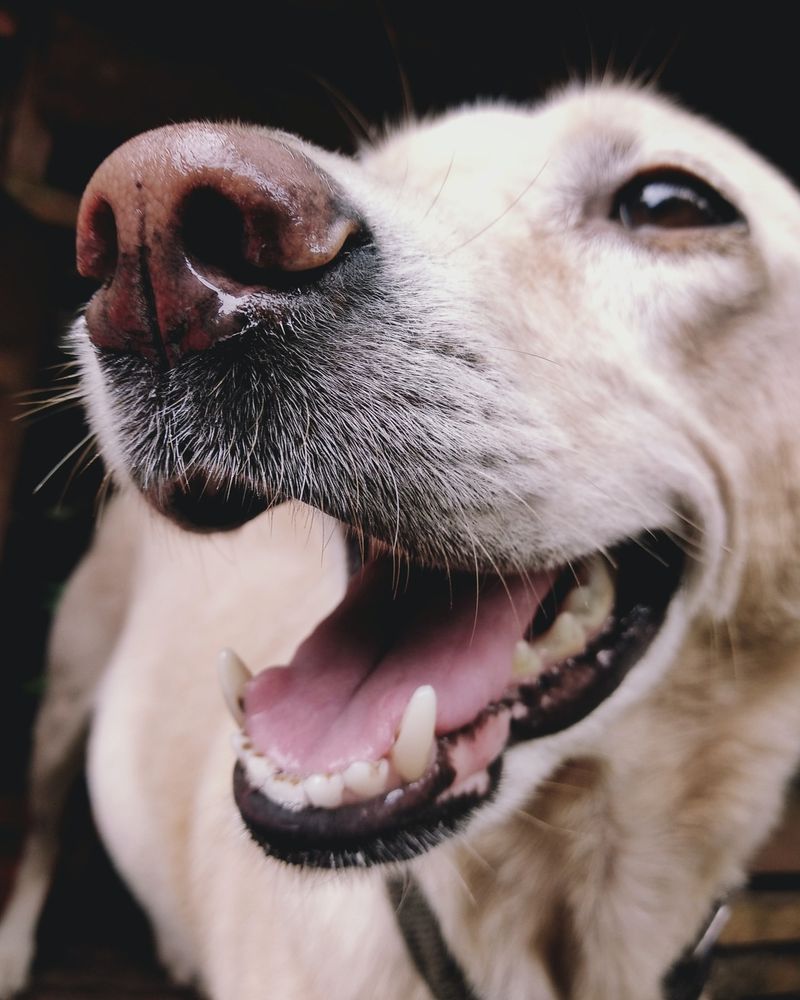
Natural dental rinses are a gentle way to boost your pet’s oral hygiene. Made from natural ingredients, they help reduce plaque, tartar, and freshen breath.
Gradually introduce the rinse by mixing it with water or applying it directly to their teeth. Make sure the ingredients are safe and free from harmful additives.
Adding natural dental rinses to your pet’s routine provides a soothing, holistic alternative to other methods. It’s a great way to keep their dental health in check!
8. Regular Tooth Inspections
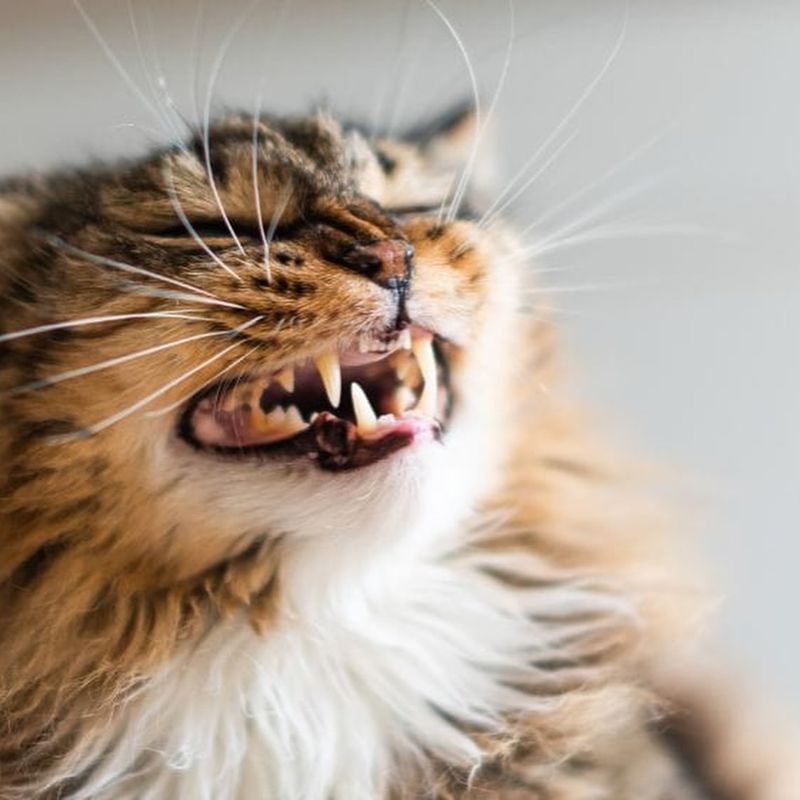
Regularly checking your pet’s teeth is an easy way to keep track of their dental health. Look for signs of plaque, tartar, or any abnormalities in their mouth.
Make it a weekly habit to inspect your pet’s mouth. This helps you spot potential issues early and gets your pet used to having their teeth checked.
By combining regular inspections with other dental care practices, you can address any concerns quickly and keep your pet comfortable and healthy!
9. Chew Toys
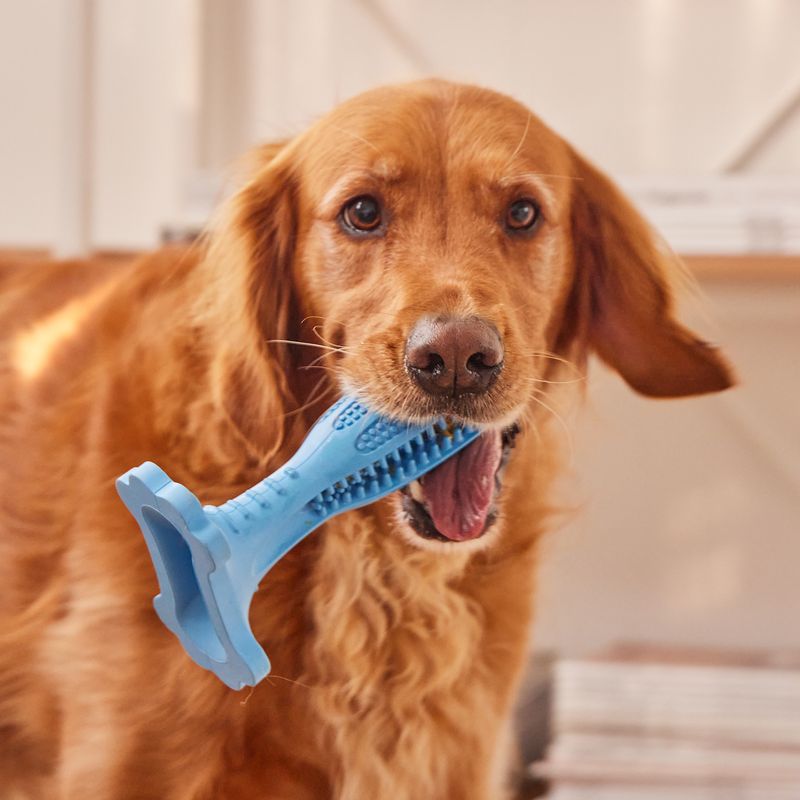
Chew toys are not only fun for your pet but also help with their dental health. They clean teeth, massage gums, and reduce plaque and tartar buildup.
Choose safe, durable toys that suit your pet’s size and chewing habits. Rotate the toys to keep your pet engaged with different textures and shapes.
Supervise playtime to ensure safe chewing. Adding chew toys to your pet’s routine supports dental health and boosts their mental and physical well-being!
10. Dental Playtime
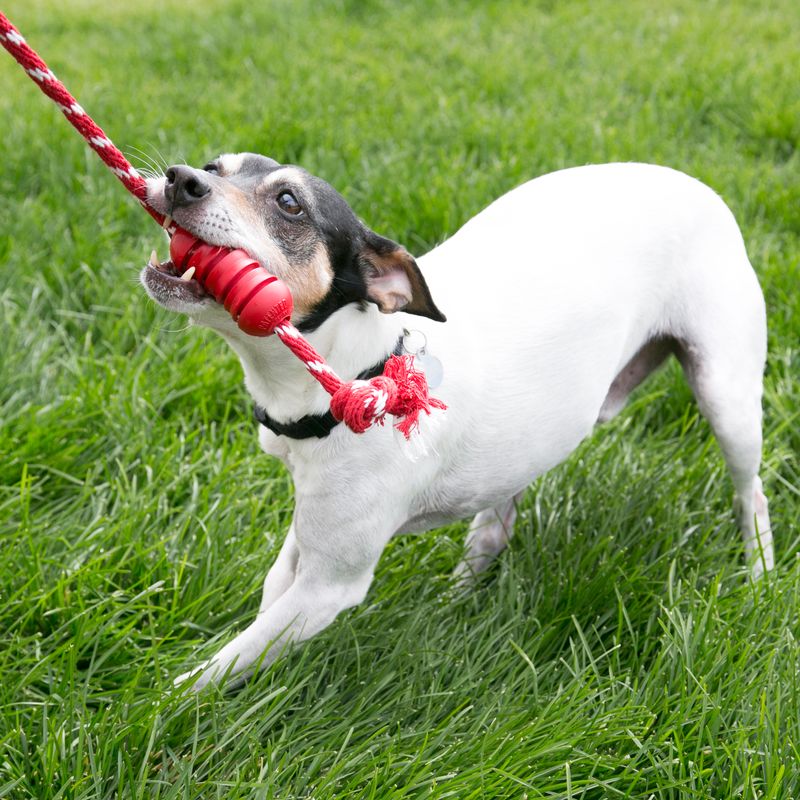
Playtime can double as a dental care session with the right toys. Dental rope toys are designed to clean teeth and massage gums as your pet tugs and chews, turning the game into a health boost.
Choose toys appropriate for your pet’s size to prevent accidents. The gentle friction against teeth helps reduce tartar buildup, while the playful interaction strengthens your bond.
Incorporate dental toys into regular playtime for a fun way to maintain oral hygiene. It’s a win-win for both of you!
11. Dental Chews

Dental chews are a tasty way to support your pet’s dental health. They help reduce plaque and tartar while letting your pet satisfy their chewing instincts.
Choose chews that fit your pet’s size and dietary needs for the best results. Always supervise your pet to make sure they don’t swallow large pieces.
Dental chews come in various flavors and textures, so you’re sure to find one they’ll love. Use them alongside regular brushing to keep their teeth and gums healthy!
12. Educate Yourself About Pet Dental Care
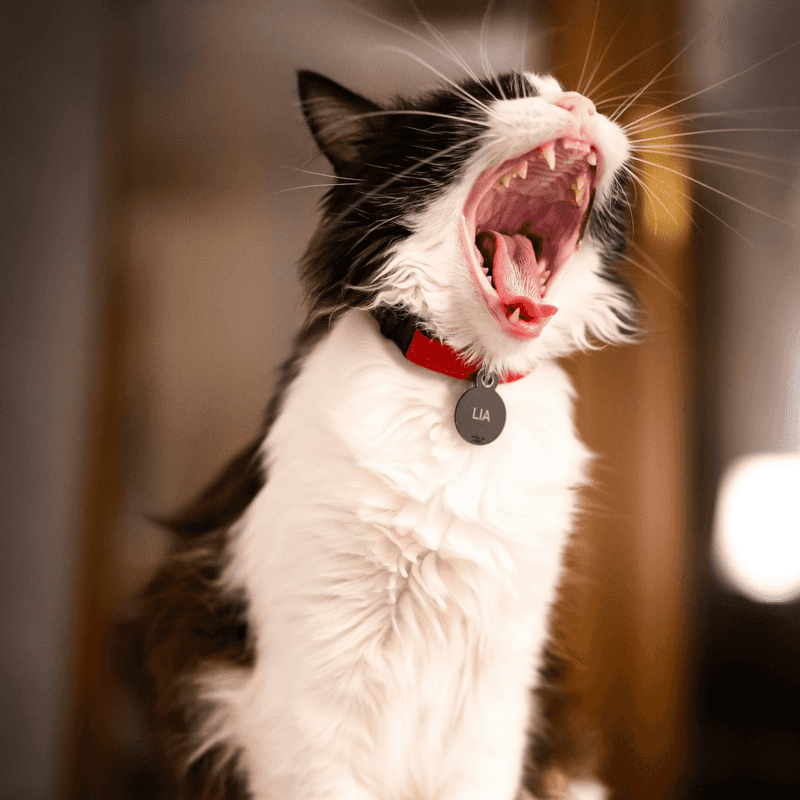
Educating yourself about pet dental care is a proactive way to keep your pet’s teeth healthy.
Knowing the importance of dental hygiene helps you make informed decisions for your pet.
Research common dental issues, preventive measures, and products that suit your pet’s needs.
Stay updated on the latest in pet dental care to provide the best for your furry friend.
13. Flavored Toothpaste
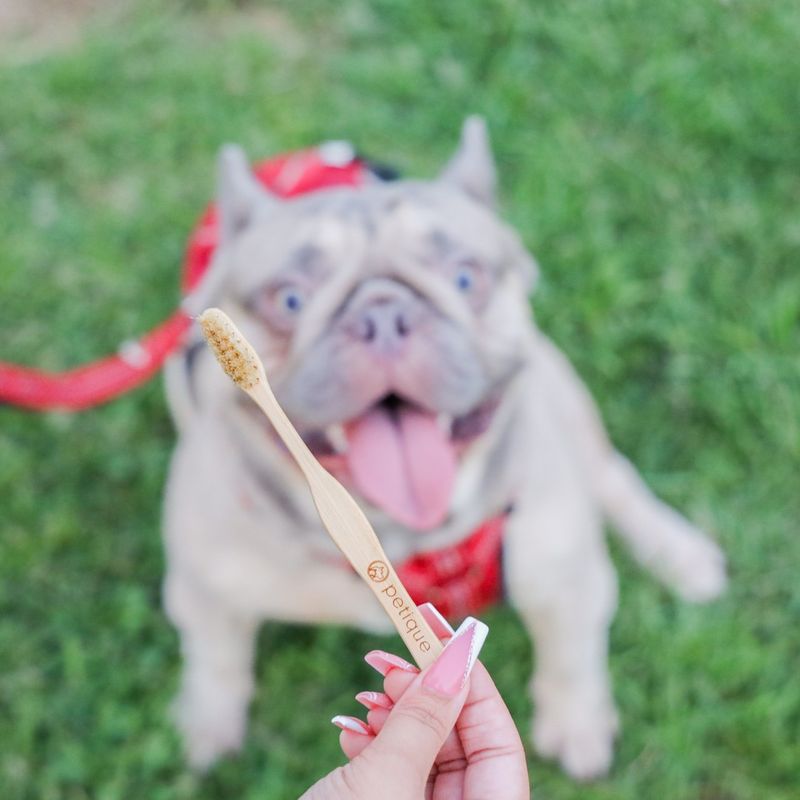
Flavored toothpaste can make brushing your pet’s teeth more fun for both of you. With flavors like chicken or beef, these toothpastes are safe and designed to entice your pet.
Introduce the toothpaste slowly to help your pet get used to the taste. Start with a small amount and increase as they become more comfortable.
Using flavored toothpaste can turn brushing into a more pleasant experience, helping your pet maintain good oral health regularly!
14. Regular Brushing
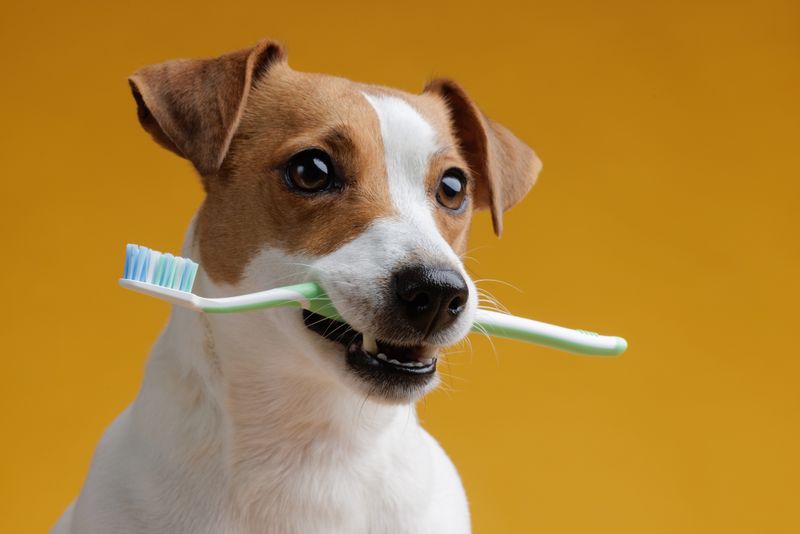
Brushing your pet’s teeth is a key part of keeping their smile bright. Use a pet-specific toothbrush and toothpaste for the best results.
Start by introducing the toothbrush without toothpaste to get them used to it. Slowly add small amounts of pet-friendly toothpaste to help them adjust to the taste.
Aim to brush their teeth a few times a week to keep plaque at bay. Make it a fun routine, and their dental health will thank you!
15. Water Additives
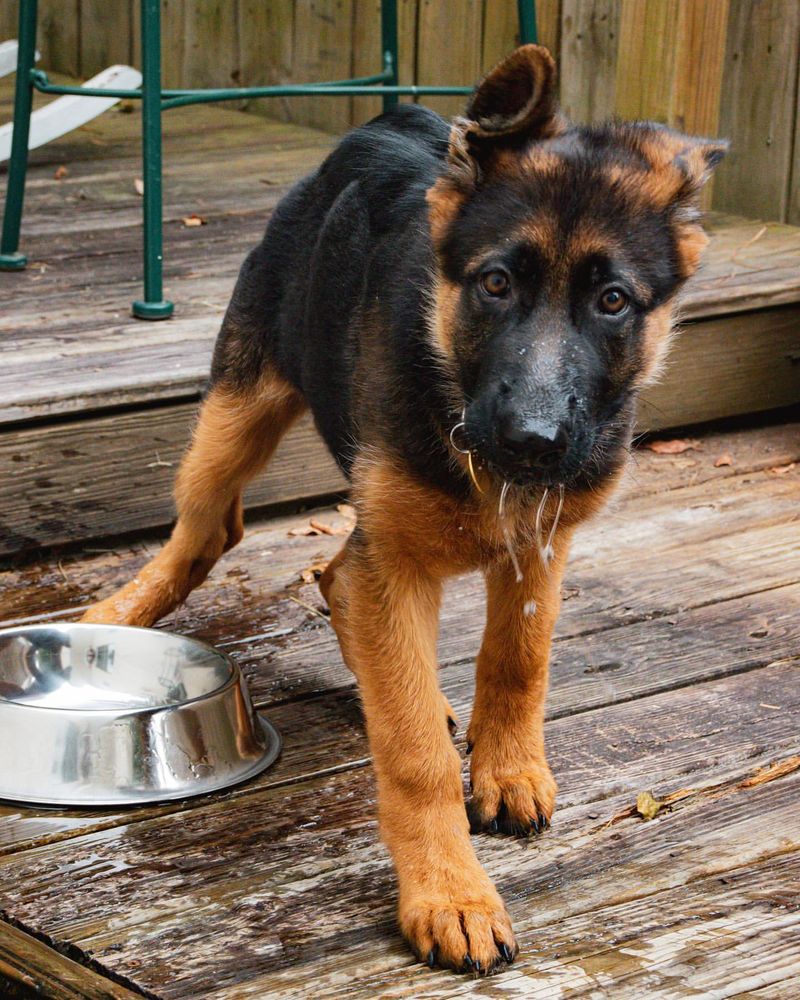
Water additives are a simple way to boost your pet’s dental health. These products help reduce plaque and tartar while freshening breath, perfect for pets who dislike brushing.
Always follow the manufacturer’s dosage instructions for the best results. Some pets may be picky about changes in their water, so introduce the additive gradually.
Adding water additives to your pet’s routine can complement other dental care methods, providing a complete approach to their oral hygiene.


